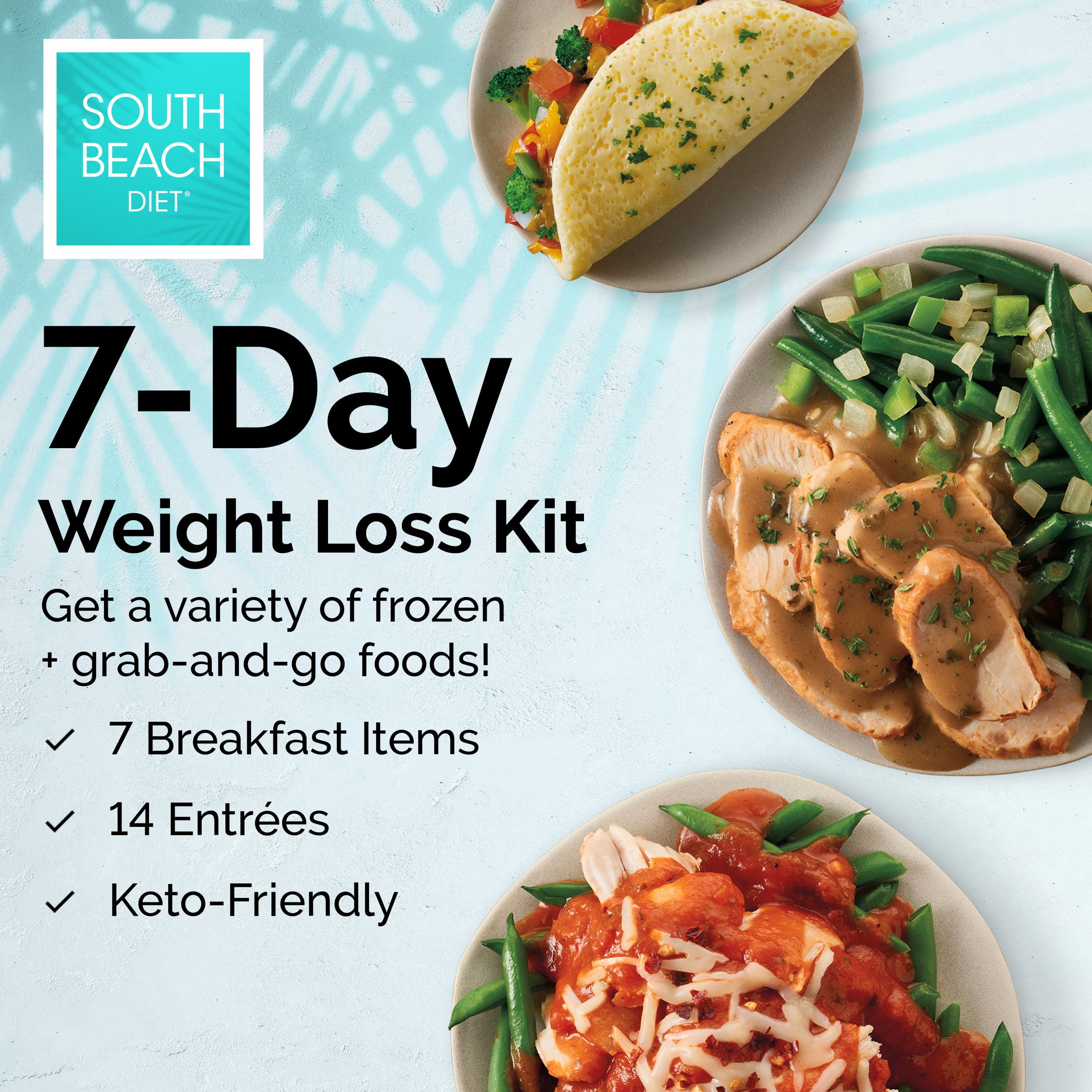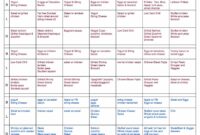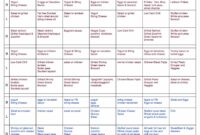Southwest Beach Diet: This popular eating plan blends the best of Mediterranean and low-carb approaches, emphasizing fresh, flavorful ingredients. It promises weight loss and improved health through a balanced intake of lean proteins, healthy fats, and carefully selected carbohydrates. Unlike restrictive diets, the Southwest Beach Diet prioritizes sustainable lifestyle changes, focusing on nutrient-rich foods and portion control for long-term success.
The diet’s core principles revolve around limiting processed foods, refined sugars, and unhealthy fats while incorporating abundant fruits, vegetables, lean proteins, and healthy fats found in foods like avocados, nuts, and olive oil. This approach differs significantly from strict ketogenic diets, which severely restrict carbohydrates, or the Mediterranean diet, which allows a wider range of carbohydrates but emphasizes whole grains more heavily. Understanding these distinctions is crucial for choosing the best dietary path for individual needs and preferences.
Nutritional Aspects of the Southwest Beach Diet
The Southwest Beach Diet emphasizes a balance of macronutrients to promote weight loss and overall health. Unlike some restrictive diets, it doesn’t completely eliminate entire food groups, focusing instead on portion control and the selection of nutrient-rich options. Understanding the macronutrient ratios and allowed/prohibited foods is crucial for successful implementation.
Macronutrient Ratios
The Southwest Beach Diet generally advocates for a moderate-to-high protein intake, moderate fat intake, and a lower carbohydrate intake compared to a standard American diet. The exact ratios can vary depending on individual needs and goals, but a typical breakdown might involve approximately 40% of calories from protein, 30% from fat, and 30% from carbohydrates. The emphasis is on healthy fats and complex carbohydrates, avoiding processed foods and refined sugars. This macronutrient distribution aims to keep you feeling full and satisfied while supporting metabolic function and weight management.
Allowed and Prohibited Foods
The following table outlines foods generally allowed and prohibited on the Southwest Beach Diet. It’s important to remember that individual needs and tolerances may vary, and consulting a registered dietitian or healthcare professional is always recommended before making significant dietary changes.
| Allowed Foods | Allowed Foods | Prohibited Foods | Prohibited Foods |
|---|---|---|---|
| Lean proteins (chicken breast, fish, turkey) | Non-starchy vegetables (broccoli, spinach, peppers) | Sugary drinks (soda, juice) | Processed meats (bacon, sausage) |
| Healthy fats (avocado, olive oil, nuts) | Whole grains (in moderation, such as quinoa or brown rice) | White bread and pasta | Refined grains (white rice, pastries) |
| Beans and legumes (in moderation) | Fruits (berries, citrus fruits, in moderation) | Excessive amounts of fruit (high in natural sugars) | Fried foods |
| Unsweetened dairy (yogurt, cheese, in moderation) | Dark chocolate (in moderation) | Sugary desserts (cakes, cookies) | Alcohol (in excess) |
Potential Benefits
The Southwest Beach Diet, when followed correctly, may offer several benefits. Weight loss is a primary goal, achieved through a combination of controlled calorie intake and a focus on nutrient-dense foods. Furthermore, the diet’s emphasis on lean protein and healthy fats can contribute to improved satiety, reducing cravings and promoting sustained weight management. Increased consumption of fruits and vegetables may lead to improved digestive health and a boost in micronutrient intake. The reduced intake of processed foods and refined sugars can positively impact blood sugar levels and overall metabolic health.
Potential Risks and Drawbacks
While the Southwest Beach Diet can be beneficial for some, it’s crucial to be aware of potential risks. The restrictive nature of the diet, particularly the limitation on certain carbohydrate sources, could lead to nutrient deficiencies if not carefully planned. For instance, inadequate intake of fiber could result in constipation, while restricted fruit intake might limit the intake of certain vitamins and minerals. The diet may also be challenging to maintain long-term due to its restrictive nature, potentially leading to feelings of deprivation and difficulty adhering to the plan. Furthermore, individuals with pre-existing medical conditions should consult their doctor before starting any new diet, as the Southwest Beach Diet, like any restrictive diet, may not be suitable for everyone. Rapid weight loss, a potential benefit, can also sometimes lead to nutrient imbalances and other health complications.
Last Point
The Southwest Beach Diet offers a compelling alternative for those seeking a balanced and sustainable approach to weight management and improved health. By emphasizing whole, unprocessed foods and mindful eating, this diet empowers individuals to make lasting lifestyle changes rather than resorting to short-term fixes. While individual results may vary, a well-planned approach, coupled with regular exercise and professional guidance, can significantly contribute to achieving and maintaining a healthier lifestyle. Remember to consult your doctor before making significant dietary changes, especially if you have pre-existing health conditions.




